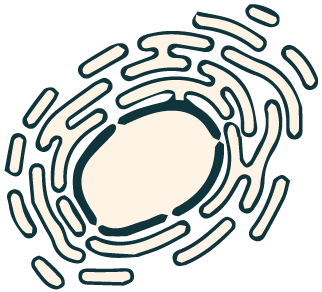This website uses cookies to ensure you get the best experience on our website.
- Table of Contents
1 Citations
Facts about Pyruvate kinase PKM.

Plays a general role in caspase independent cell death of tumor cells. The ratio between the highly active tetrameric form and nearly inactive dimeric form determines whether glucose carbons are channeled to biosynthetic processes or used for glycolytic ATP production.
| Human | |
|---|---|
| Gene Name: | PKM |
| Uniprot: | P14618 |
| Entrez: | 5315 |

| Belongs to: |
|---|
| pyruvate kinase family |

CTHBP; Cytosolic thyroid hormone-binding protein; MGC3932; OIP3; OIP-3; OIP3EC 2.7.1.40; Opa-interacting protein 3; p58; PK, muscle type; PK2; PK3; PK3PKM; PKM2; Pyruvate kinase 2/3; pyruvate kinase isozymes M1/M2; Pyruvate kinase muscle isozyme; pyruvate kinase, muscle; TCB; THBP1; THBP1p58; Thyroid hormone-binding protein 1; thyroid hormone-binding protein, cytosolic; Tumor M2-PK
Mass (kDA):
57.937 kDA

| Human | |
|---|---|
| Location: | 15q23 |
| Sequence: | 15; NC_000015.10 (72199029..72231624, complement) |
Specifically expressed in proliferating cells, such as embryonic stem cells, embryonic carcinoma cells, as well as cancer cells.
Cytoplasm. Nucleus. Translocates to the nucleus in response to different apoptotic stimuli. Nuclear translocation is sufficient to induce cell death that is caspase independent, isoform-specific and independent of its enzymatic activity.






PMID: 2854097 by Tani K., et al. Human M2-type pyruvate kinase: cDNA cloning, chromosomal assignment and expression in hepatoma.
PMID: 2813362 by Kato H., et al. Cytosolic thyroid hormone-binding protein is a monomer of pyruvate kinase.
*More publications can be found for each product on its corresponding product page